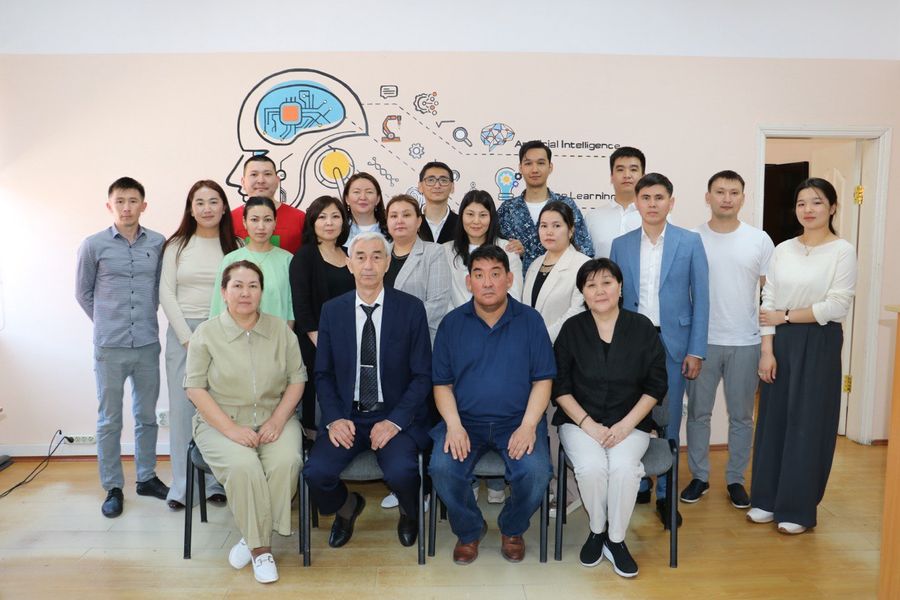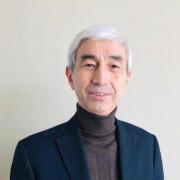Department of Robotics and technical means of automation
History of the department
The Department of "Robotics and Engineering Tools of Automation" of the Institute of Automation and Information Technologies dates back to 1991, when the Department of "Robotic Systems and Complexes" was organized as part of the Faculty of Automation and Control Systems to train system engineers in the specialty "Robotic Systems and Complexes". Training of engineers in this specialty began in 1988. The Department of Mechatronics and Robotics was established in 2001. Then, in June 2002, as a result of the merger of the departments "Mechatronics and Robotics" and "Electronics and Computer Equipment", the department "Electronics, Mechatronics and Robotics" was created, and in 2007 it was renamed and is now called "Robotics and Engineering Tools of Automation".
The founder of the department is a well-known scientist-teacher, Professor K. S. Ivanov.
In the period 2001-2013, the head of the department was Professor K. S. Sholanov.
From September 2013 to the present, the head of the department is Professor Kassymbek Adilbekovich Ozhikenov.
Goals and objectives of the Department
The purpose of the department is to carry out educational activities based on improving the scientific and pedagogical qualifications of teachers, introducing modern educational technologies of training, constantly providing its consumers with education, services that meet international educational standards.
Tasks:
- creating the necessary conditions for obtaining high-quality education in the chosen specialty, aimed at the formation, development and professional development of the individual on the basis of national and universal values, achievements of science and practice;
- introduction and effective use of new technologies in training that contribute to the rapid adaptation of vocational education to the changing needs of the labor market and help each student maximize their personal potential;
- development of the personnel potential of the department, improving the scientific and pedagogical qualifications of the teaching staff of the department, strengthening the image of the department.
The Department of Robotics and Engineering Tools of Automation is one of the largest graduate departments of K. I. Satpayev KazNRTU, which trains competitive specialists for high-tech sectors of the country's economy in a three-level education system.
At all levels of training, teaching is conducted by highly qualified teaching staff.
Research work of R&ETA department
On the basis of the department, research works are conducted in several areas, including:
- development and development of biomedical equipment and technologies;
- development of machinery and technologies in agriculture;
- development and creation of metering and control devices.
There is a student scientific circle “Make A Robot Yourself” and “the roboticist”. The main goal of the scientific policy is to form a contingent of well-trained scientific personnel, and the main function of higher education is to accumulate, develop and disseminate knowledge. The goals and objectives of scientific policy and higher education are intertwined. These goals will be achieved when research becomes an integral part of university education.

Educational programs
-
Undergraduate
-
Graduate
-
PhD
-
Distance education















